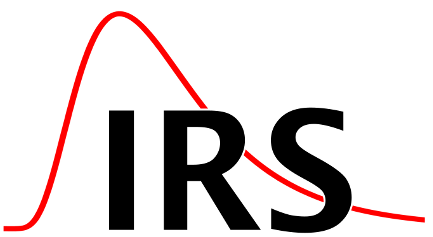ENTRIA – Disposal Options for Radioactive Residues: Interdisciplinary Analyses and Development of Evaluation Principles
The research project ENTRIA is engaged in finding options for the disposal of high-level (heat generating) radioactive waste. Decades of discussions throughout the society and furthermore the feedback on recent political events such as the Law on Location Finding have made it very clear that this complex may not be solely solved from pure technical or natural science viewpoints. That is why the research at ENTRIA combines technical and social aspects of the three most important radioactive waste management options:
- Final disposal in deep geological formations without any arrangements for retrieval (maintenance-free deep geological disposal),
- disposal in deep geological formations with arrangements for monitoring and retrieval and
- surface storage.
The joint research project ENTRIA consists of eleven institutes at German universities and research facilities as well as one Suisse partner. ENTRIA is analyzing radioactive waste management subjects from the viewpoint of all involved academic disciplines such as natural sciences, engineering, arts, law and social science. An academic advisory board with experts of all mentioned subjects as well as representatives from the government and citizens groups is counseling ENTRIA. Research is based on former studies which mostly focus on either technical or social issues. They are used to generate academic foundations to develop evaluation criteria and guidelines how to compare and implement the different waste management scenarios. Due to an open-minded working culture and an ongoing exchange between the different disciplines, ENTRIA identifies knowledge gaps and allows independent research on all mentioned fields. Finally, all the different results will be brought together to achieve a complete view on this matter. All results will be communicated to the public and may therefore be used as a basis for decision-makers, science and public. ENTRIA is working independently from politics, operators und interest groups. It is not in the scope of this project to evaluate certain locations with regard to their qualification as a repository for radioactive waste.
The broad interdisciplinary approach of ENTRIA is to ensure that all the disciplines work together in many different ways rather than in parallel. The so called transversal projects are of crucial importance to achieve this task. They compare the three waste management options in a wide variety of viewpoints. There is a huge number of young scientists (PhD students and postdocs) involved, who will profit from the expertise of senior colleagues. This knowledge transfer takes place within one discipline (increase in expertise) as well as between different disciplines (interdisciplinary). Furthermore, combined courses of the involved universities and additional summer schools will strengthen the interdisciplinary approach. The project will also contribute to the interdisciplinary education of young academics and thus to the growth and preservation of expertise in this field. Therefore, ENTRIA is breaking new ground to solve the problem of winning new young academics in the field of radioactive waste management.
Other important aspects of ENTRIA are communications and public relations. Current viewpoints in politics and society will be identified, evaluated and considered. ENTRIA is offering an independent source of information in the field of nuclear disposal for all stakeholders. Information is not only to be made available (e.g. this website), furthermore a channel for exchange will be established. Every interested person will be able to send their inquiries and to exchange their ideas and positions. Additionally workshops and public events will be offered where everyone may discuss with the persons involved in ENTRIA.



